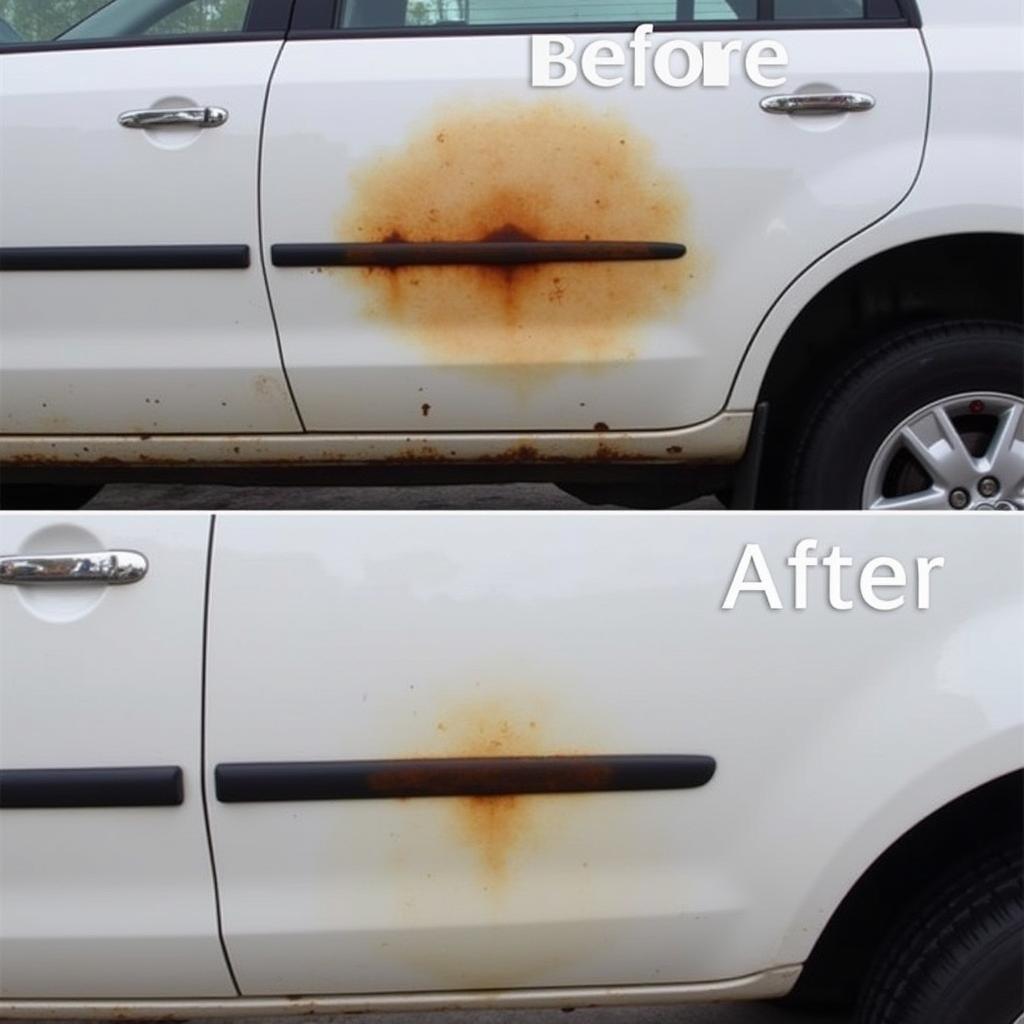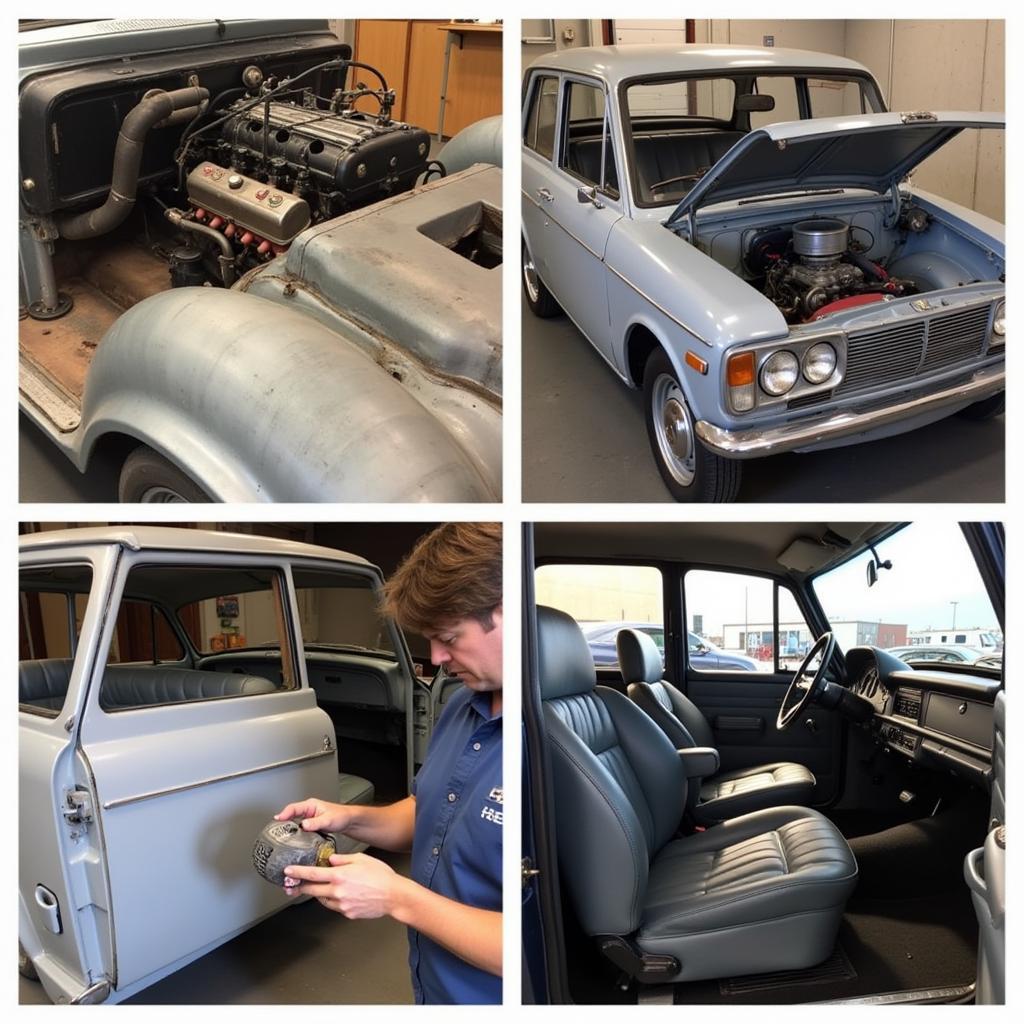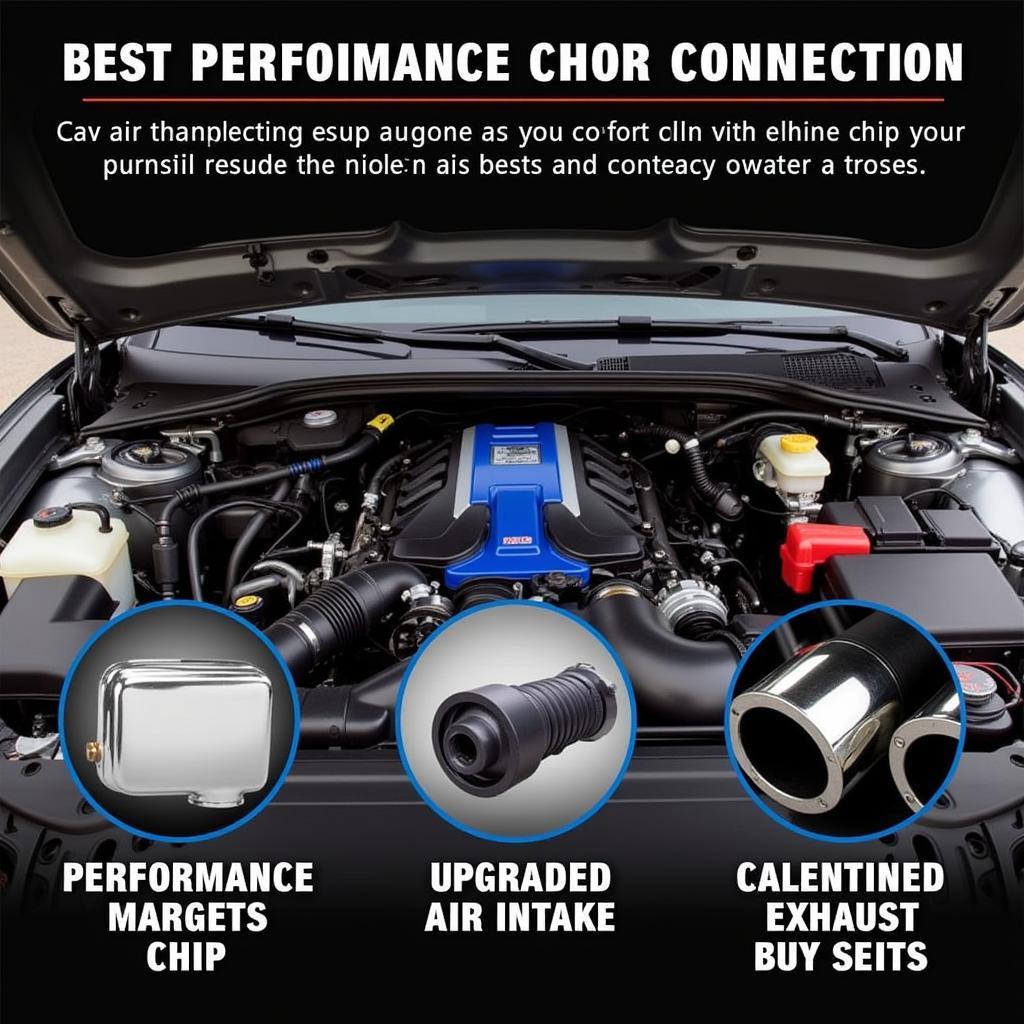Is It Illegal To Fix Your Car In The Street? The answer, unfortunately, isn’t a simple yes or no. It depends on a complex interplay of local ordinances, state laws, and the specific circumstances of your repair. While a quick fix might seem harmless, you could face fines or even legal trouble if you’re not careful.
Working on your car can be a satisfying experience, saving you money and giving you a sense of accomplishment. However, public streets aren’t designated auto repair shops. There are safety concerns, environmental regulations, and community considerations that dictate where and how you can perform vehicle maintenance. Understanding these rules is crucial for avoiding potential problems. Let’s dive into the details and clarify the legalities surrounding street-side car repairs.
Understanding Local Ordinances Regarding Street-Side Repairs
Most municipalities have specific ordinances regarding vehicle repair on public streets. These laws are designed to maintain traffic flow, protect public safety, and preserve the aesthetic appeal of the neighborhood. is it legal to fix your car on the street provides further insight into these legalities. Common restrictions often prohibit:
- Major repairs: Engine overhauls, transmission work, or any repair requiring significant disassembly are typically disallowed.
- Long-term parking for repairs: Leaving a vehicle in a state of disrepair on the street for extended periods can attract fines.
- Fluid leaks: Discharging oil, coolant, or other fluids onto the street is illegal and environmentally damaging.
- Obstructing traffic: Working on your car in a way that impedes traffic flow is a safety hazard and against the law.
What About Emergency Repairs?
Even with strict ordinances, most jurisdictions understand that emergencies happen. If your car breaks down unexpectedly and creates an immediate safety hazard, you may be permitted to perform temporary repairs to make the vehicle safe to move. However, this doesn’t give you carte blanche to perform extensive repairs.
How to Handle an Emergency Breakdown
- Ensure safety: Turn on hazard lights, use warning triangles, and move the vehicle as far off the roadway as possible.
- Contact authorities: If the vehicle is obstructing traffic, notify local law enforcement.
- Limit repairs to essential tasks: Focus on getting the car safely drivable.
- Move the vehicle promptly: Once the immediate issue is resolved, move the car to a legal repair location.
Environmental Concerns and Car Repair
Beyond legalities, environmental responsibility plays a significant role in where you can fix your car. Disposing of used fluids and parts improperly can contaminate the environment.
“Responsible car owners understand that protecting our environment is paramount. Disposing of hazardous materials properly is not just good practice, it’s our duty,” says John Smith, Automotive Engineer at Green Auto Solutions.
State Laws and Street-Side Car Repair
While local ordinances are typically the primary legal framework for street-side repairs, state laws can also play a role. Some states have broader regulations that impact vehicle maintenance, often related to emissions and noise pollution. [how to fix a car without a catalytic converter](https://autotippro.com/how to fix a car without a catalytic converter/) explores the legality of removing catalytic converters, a topic closely tied to emissions regulations. Check your state’s Department of Motor Vehicles (DMV) website for specific regulations.
The Consequences of Illegal Street-Side Repairs
Ignoring local ordinances can lead to various consequences, including:
- Fines: Citations can range from minor infractions to significant penalties, depending on the severity of the violation.
- Towing: Your vehicle may be impounded, leading to additional fees.
- Legal action: In some cases, repeat offenders could face legal action.
Is It Illegal to Fix Your Car in the Street? Conclusion
Understanding the regulations surrounding street-side car repairs is essential. While quick fixes might seem tempting, respecting local ordinances, environmental concerns, and public safety is crucial. If you’re unsure about the legality of a specific repair, contact your local authorities. For those interested in a specific case study, cop arrest man for fixing his car provides a real-world example. Remember, responsible car ownership involves adhering to the law and maintaining our community. Contact AutoTipPro at +1 (641) 206-8880 or visit our office at 500 N St Mary’s St, San Antonio, TX 78205, United States for further assistance.
FAQ
- Can I change a tire on the street? Generally, changing a flat tire is permissible as an emergency repair.
- What if my car breaks down in a no-parking zone? Contact law enforcement immediately to explain the situation.
- Where can I legally work on my car? Your driveway, a private garage, or a designated repair shop are suitable locations.
- Are there any exceptions to street repair ordinances? Some municipalities may allow minor repairs under specific conditions. Check your local laws.
- What should I do with used car fluids? Dispose of them at designated hazardous waste collection centers.
- Can I wash my car on the street? Many cities restrict or prohibit car washing on the street due to water runoff concerns.
- Who do I contact to report illegal street-side repairs? Your local police department or non-emergency line.







Leave a Reply